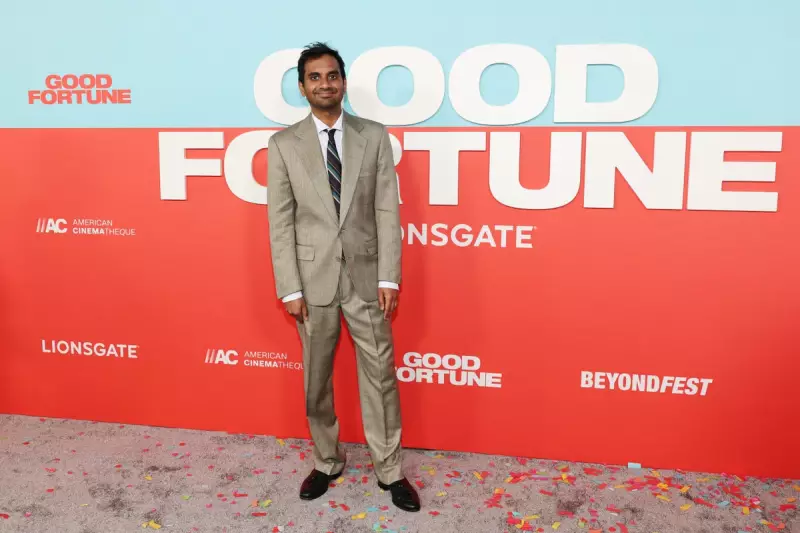
In a dramatic move that highlights the growing tension between entertainment and human rights, Human Rights Watch has returned a substantial donation from acclaimed comedian Aziz Ansari. The decision comes after Ansari's controversial performance at Saudi Arabia's Riyadh comedy festival, sparking intense debate within international circles.
The Controversial Performance
Ansari, known for his groundbreaking Netflix series Master of None, became the first major American comedian to perform in Saudi Arabia since the nation began easing restrictions on public entertainment. His appearance at the Riyadh comedy festival marked a significant moment in the country's cultural transformation under Crown Prince Mohammed bin Salman's Vision 2030 initiative.
However, the performance drew immediate criticism from human rights advocates who pointed to Saudi Arabia's troubling record on women's rights, freedom of expression, and the persecution of political dissidents.
Human Rights Watch Takes a Stand
In a powerful statement, Human Rights Watch confirmed they had returned Ansari's donation, though the exact amount remains undisclosed. The organisation emphasised their commitment to maintaining ethical consistency in their funding sources.
"When we accept donations from prominent individuals," a spokesperson explained, "we must consider the message it sends about our unwavering commitment to human rights principles worldwide."
Broader Implications for Entertainment Industry
The incident raises crucial questions about the role of Western entertainers in countries with questionable human rights records. As Saudi Arabia continues to invest heavily in attracting international talent, performers face increasing scrutiny about the ethical implications of accepting lucrative offers from the kingdom.
This controversy emerges against the backdrop of Saudi Arabia's ongoing efforts to diversify its economy and modernise its international image through massive investments in entertainment and tourism.
Industry Reactions and Future Consequences
The entertainment world remains divided on the issue. Some defend artists' rights to perform wherever they choose, while others argue that high-profile appearances effectively endorse repressive regimes.
This incident establishes a significant precedent that may influence how other human rights organisations and entertainers navigate similar situations in the future, potentially reshaping the relationship between global entertainment and political advocacy.





